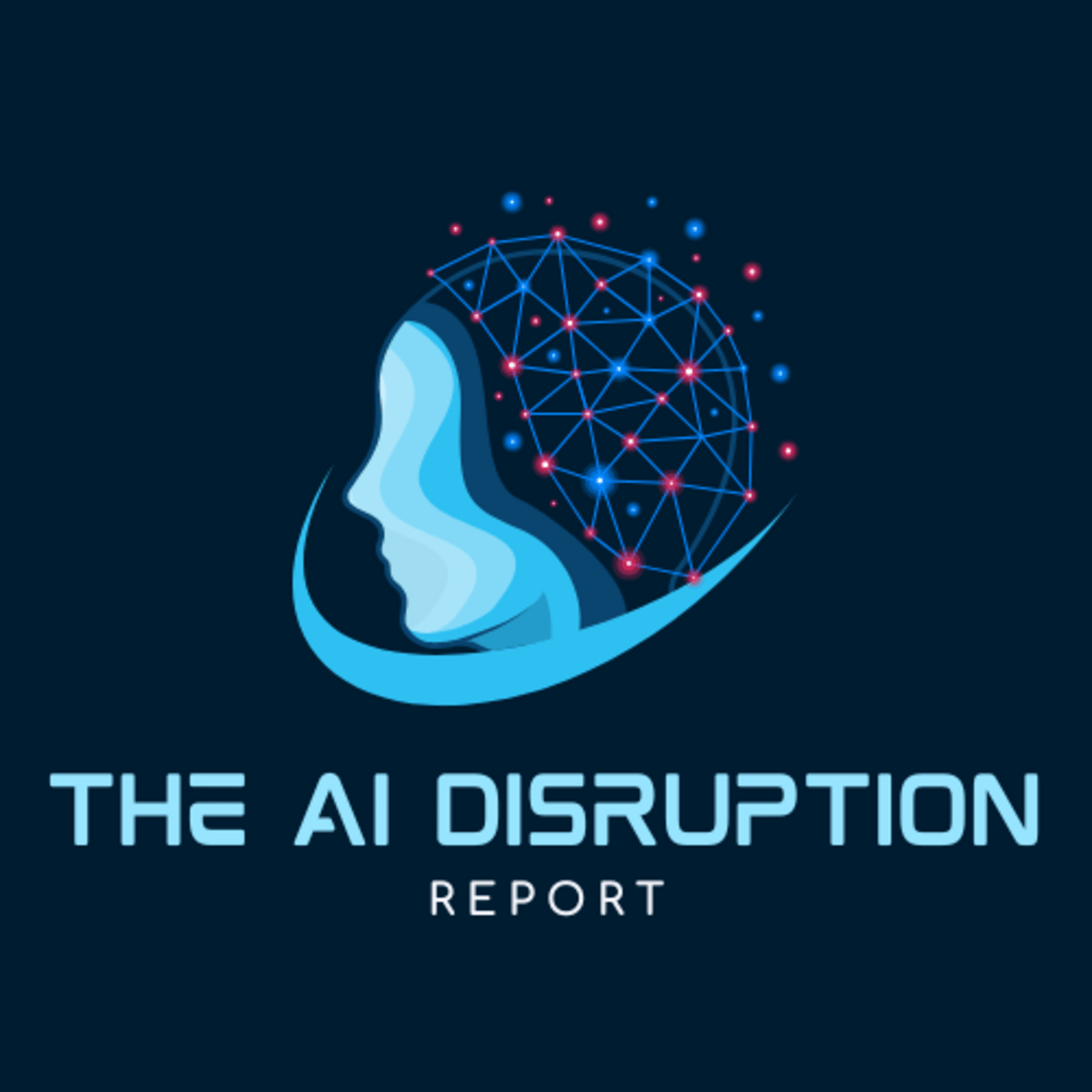🌟 Editor's Note
Welcome to another exciting issue in vibrant artificial intelligence ecosystem! We've got a packed newsletter full of insights, events, and inspiring stories from the heart of innovation.
Introduction: Artificial intelligence (AI) is advancing at an unprecedented pace, reshaping industries, businesses, and everyday life. Over the next five years, AI is expected to make even more transformative leaps. This report explores the key AI trends that will define the future and provides insights into how businesses and professionals can prepare.
1. Generative AI Becomes Ubiquitous
Key Insight: The rise of generative AI models like ChatGPT, Gemini, and Claude has revolutionized content creation, design, and coding. Over the next five years, we’ll see even more sophisticated AI models that generate hyper-personalized content, automate creative processes, and power next-generation marketing strategies.
Impact:
Businesses will leverage AI for real-time, AI-generated customer interactions.
The job market will shift, requiring new skill sets in prompt engineering and AI content optimization.
How to Prepare:
Invest in AI-powered tools for content and product development.
Train employees on how to integrate AI into their workflows.
2. AI-Powered Automation Reshapes the Workforce
Key Insight: AI will continue automating tasks across multiple sectors, reducing repetitive work while enabling humans to focus on higher-value tasks.
Impact:
Increased efficiency in industries like logistics, finance, and customer service.
The rise of AI co-pilots to assist workers in complex decision-making.
How to Prepare:
Upskill teams in AI-assisted work to maximize efficiency.
Identify repetitive processes that can be automated in your business.
3. AI Regulation and Ethical Considerations Expand
Key Insight: Governments and organizations are focusing more on AI regulation to address ethical concerns such as bias, misinformation, and security risks.
Impact:
Stricter AI governance policies will be introduced worldwide.
Businesses using AI will need to ensure compliance with evolving regulations.
How to Prepare:
Stay informed about AI policy changes.
Develop ethical AI guidelines within your company.
4. AI in Healthcare Revolutionizes Diagnostics & Treatment
Key Insight: AI is making significant advancements in medical imaging, drug discovery, and personalized medicine.
Impact:
AI-driven diagnostics will lead to earlier disease detection.
Telemedicine powered by AI chatbots will become standard.
How to Prepare:
Healthcare businesses should integrate AI into diagnostic and patient care processes.
Stay updated on AI-powered healthcare tools for personal well-being.
5. AI-Powered Personal Assistants Go Mainstream
Key Insight: AI-driven virtual assistants will become more intelligent, handling scheduling, research, and even financial management.
Impact:
More advanced AI tools will enhance productivity for individuals and businesses.
AI-powered tools will improve work-life balance by automating administrative tasks.
How to Prepare:
Implement AI automation for personal and business productivity.
Conclusion
The next five years will see AI shift from an emerging technology to an essential part of everyday life. Businesses that embrace AI early will gain a competitive advantage, while individuals who upskill in AI will be better positioned for the future job market. Staying informed and adaptable will be the key to leveraging AI’s full potential.
🚀 Stay Inspired
The Rise of Generative AI in Unexpected Places
Healthcare Revolution: AI now generating personalized treatment plans in 67% of major hospitals
Creative Industries Disruption: Generative AI creating initial drafts for films, music, and design projects
Unexpected Stat: 42% of Fortune 500 companies now have dedicated generative AI teams
Quantum Computing Goes Mainstream
Major tech companies investing billions in quantum infrastructure
First commercial quantum computers now available for enterprise rental
Potential to solve complex problems in minutes that would take classical computers thousands of years - article here
🦄 Startup Spotlight
Pixel Pioneers: The Quirky Startup Redefining Digital Creativity
They are a startup to watch as they are democratizing high-end design for small businesses, reducing design creation time by 80% & proving that creativity can be both seriously innovative and seriously fun.
The Backstory: Founded by three former Pixar animators who got tired of traditional design workflows
Key Innovation: An AI-powered design platform that turns stick figure sketches into professional-grade illustrations in seconds
Funding: $5M seed round, backed by Silicon Valley's most eccentric investors
🔥 In Case You Missed It…
Funding Roundup
Quantum Leap Technologies secured $45M Series B, led by Sequoia Capital, to advance quantum computing infrastructure for enterprise solutions.
EcoGrid AI raised $22M to develop machine learning algorithms for renewable energy grid optimization.
MindSync Neurtech closed a $15M seed round to expand its brain-computer interface research.
🏆 Reader of the Week

Alex Rodriguez: Tech Innovator with a Retro Twist
🌉 Background: Software engineer and digital health entrepreneur from San Francisco's Mission District
👑 Achievement: Recently developed an AI-powered diagnostic tool that reduces medical screening times by 60% for early-stage cancer detection
🙈 Quirk: Proudly carries a vintage flip phone, a stark contrast to his cutting-edge AI work
The Flip Phone Rebel
Despite developing state-of-the-art AI technology, Alex Rodriguez sports a beat-up flip phone that's become something of a local legend in San Francisco's tech circles. "It's my conversation starter," he jokes. "I can build complex machine learning algorithms, but I refuse to give up my trusty Nokia."
Technology isn't just about the latest gadget—it's about solving real-world problems that can genuinely improve people's lives.
His colleagues often tease him about the phone, but Alex sees it as a symbol of his unconventional approach to technology. "Just because something is old doesn't mean it's not valuable," he says with a grin. "Same goes for people, algorithms, and apparently, mobile phones."
A graduate of Stanford's computer science program, Alex embodies the innovative spirit of San Francisco's tech ecosystem—proving that breakthrough innovation can come from someone who still uses T9 texting.
Did You Know? The first computer bug was literally a bug—in 1947, Grace Hopper found a moth trapped in a Harvard Mark II computer, coining the term "debugging" in the process.
Till next time,
